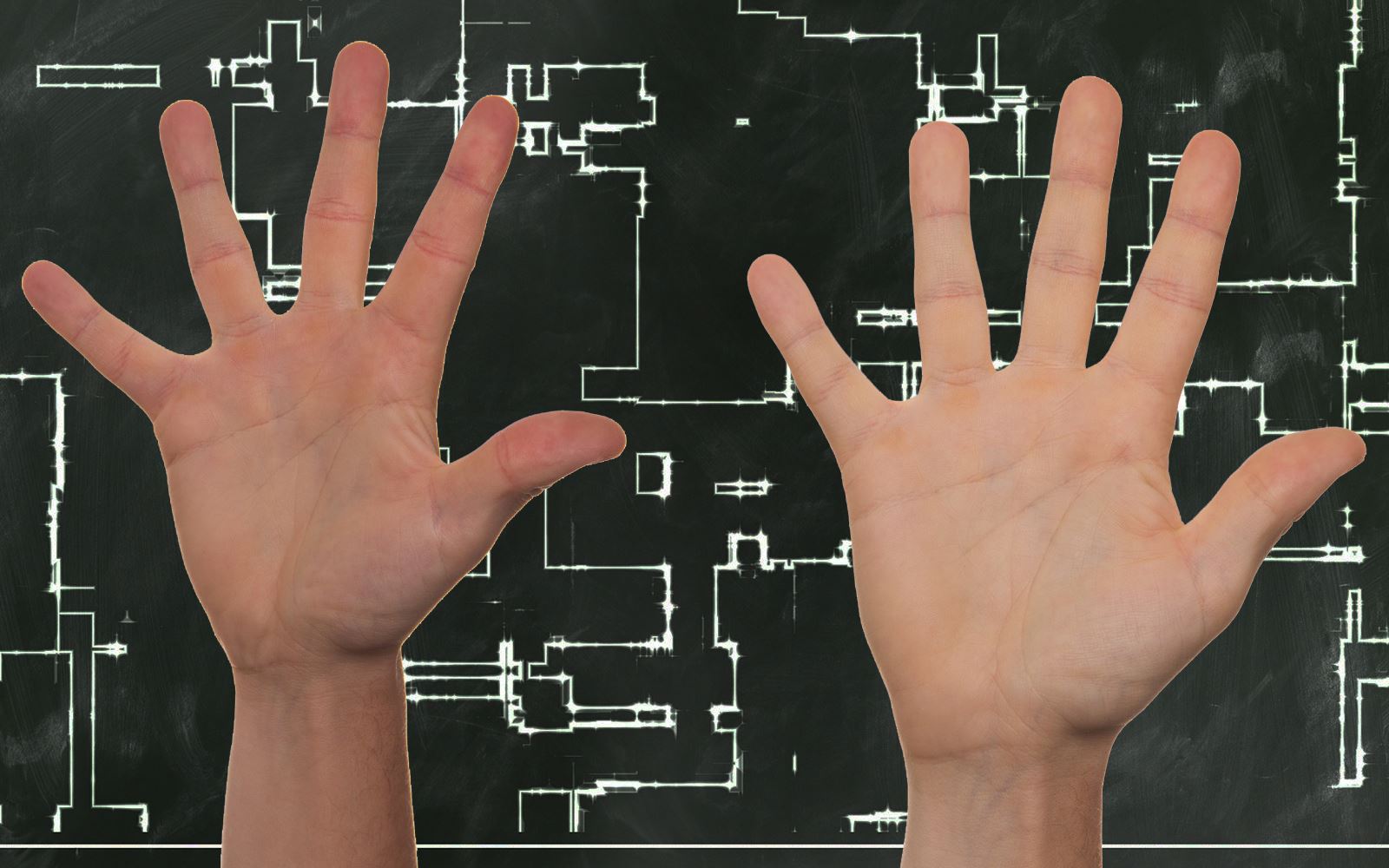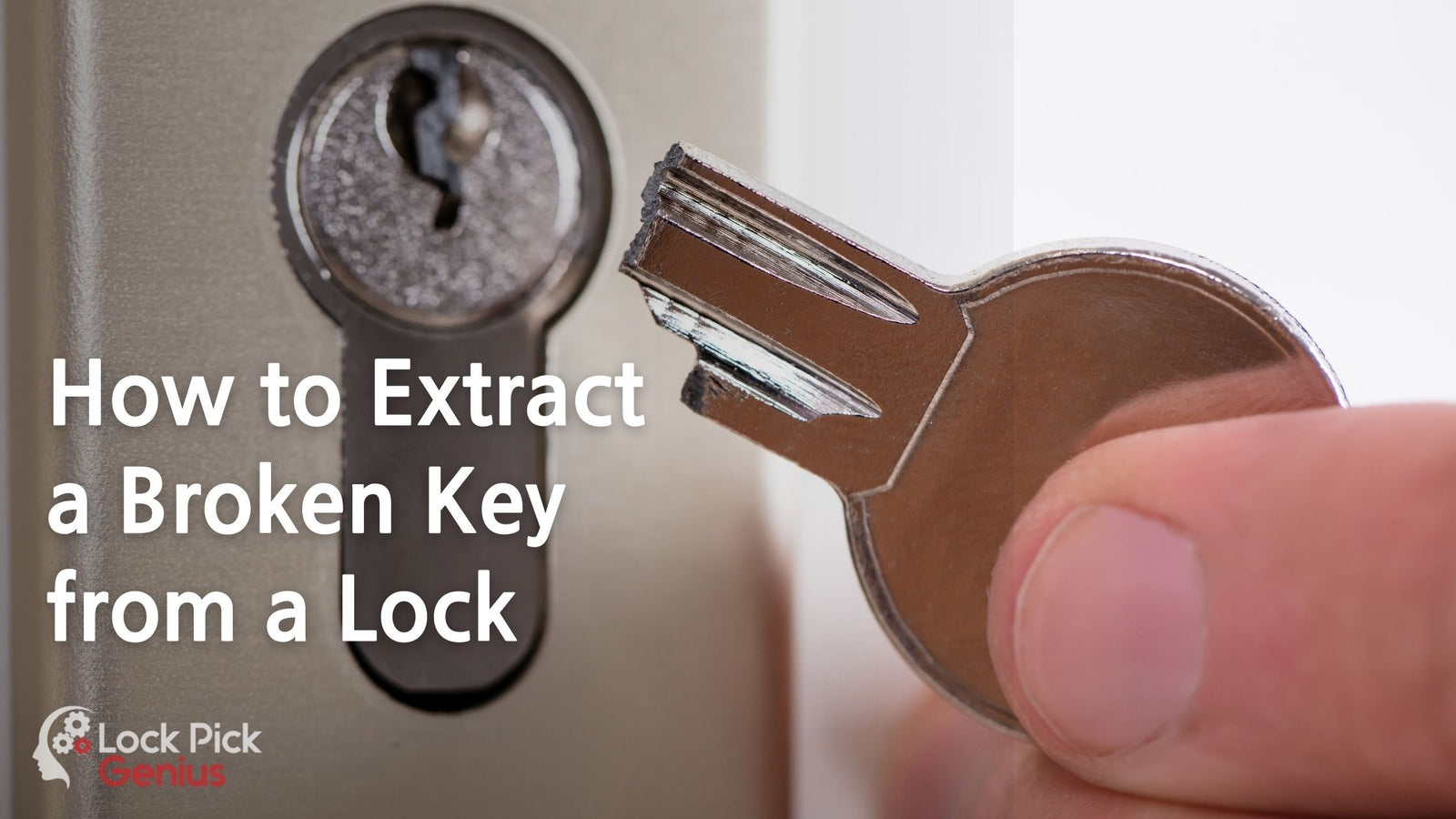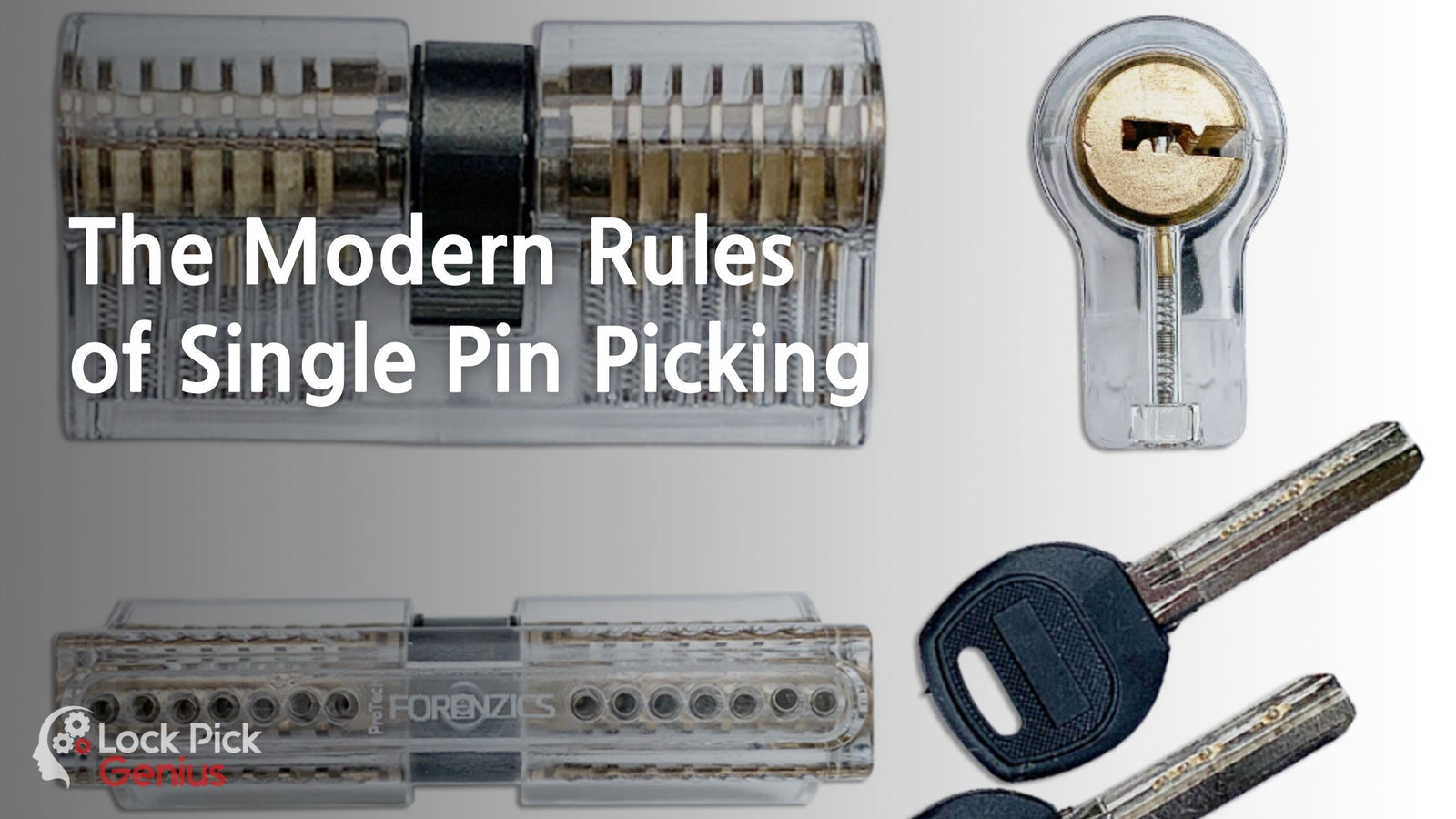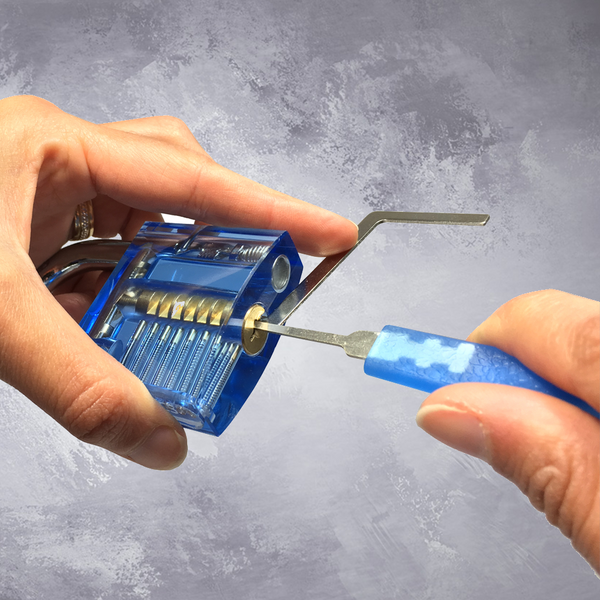Your Cart is Empty

You might have heard it said of someone that they have “clever hands”. It’s a 19th-century expression, and so not often used today, but we still recognize it when we hear it. But it’s really instructive to think about what the idea is, and how it emerged.
Bear in mind that we haven’t always had today’s ideas of precisely where the mind resides. And even now, while we recognize that much of what we consider to be processing happens within the brain, actual response to stimulus is part of your whole body. We think about this for negatives, like the “jump scare” reaction to some surprises, but there’s quite a lot more going on. Anyone who’s played sports has likely encountered “muscle memory”, that phenomenon where we train ourselves to take certain physical actions in highly-trained ways. (You might be a great natural batter, but even if your first swing of a baseball bat is excellent, the only way you’re going to be able to repeat that action, and improve on it, is to work on your “swing” consistently. You need to not just strengthen your body, but educate it.)
When we educate parts of our bodies to do things well, we begin to elevate the ways our minds react to those activities. Or to put it more simply, let’s ask a question: when a great violinist performs, where does the skill reside? In the mind, which understands the theory and practice of music? In the fingers, agile on the bow and strings? In the arms, making consistent motions to produce precise sounds? In the ears, perceiving the music in order to be able to affect it?
It’s all of those things.
In today’s world, where we spend so much of our time in front of screens, so much of our time typing or clicking or tapping, we sometimes forget to think about the connection between hand, eye, and head which makes it all possible. And we tend to think about ideas as springing from some place behind our foreheads and in front of the backs of our skulls.
In reality, thought, like every other mechanism of being human, both changes and can be changed by the ways we use our bodies.
Martial artists know this; it’s why Zen has been key to so many great martial artists. Musicians know this. And if you think about it, we all know this. But we don’t think about it. And that’s where you’ve got an opportunity.
It was originally felt that those who had “clever hands” had clever minds, as well. We now know that there’s not always a direct correlation between dexterity and all forms of intelligence. But we alsoknow that those earlier thinkers were quite right in at least one important way: if you train yourself to be good with your hands, and not in a way that is rote and mechanical, but rather one which requires feedback between hands and head, you will process differently and better.
That creates an amazing possibility: we already know that we can improve our minds with learning, with meditation, with “brain-teaser” exercises, all stuff that happens primarily in the head. But we open up entirely new fields of possibility when we start giving ourselves better minds by doing activities which connect the head and the hands.
That should be an inspiration for any aspiring lockpick artist: lockpicking helps your mind click.
Comments will be approved before showing up.


Be the first to know about lockpicking tips and upcoming sales and promos. Get a 10% discount coupon when you subscribe!

Sign up to get special offers, Tips, News and Great deals